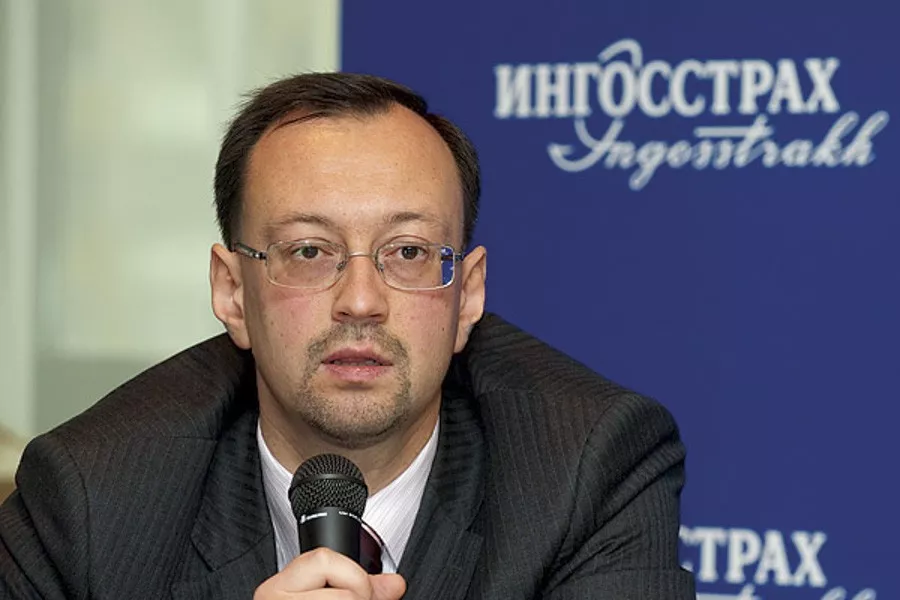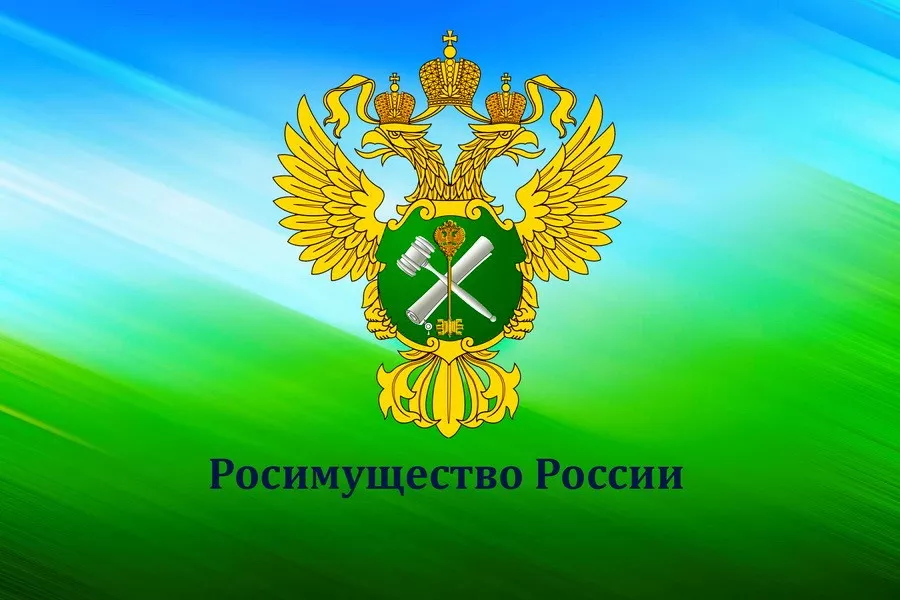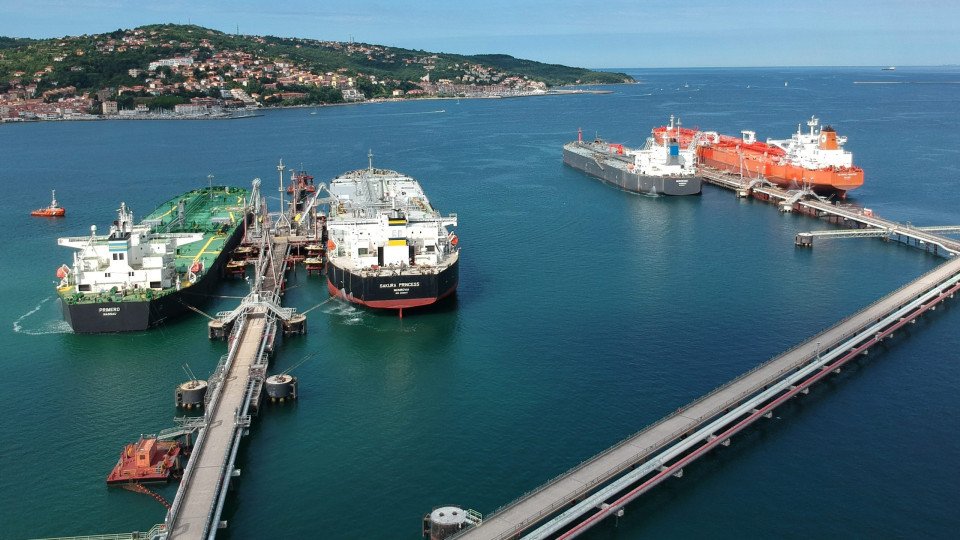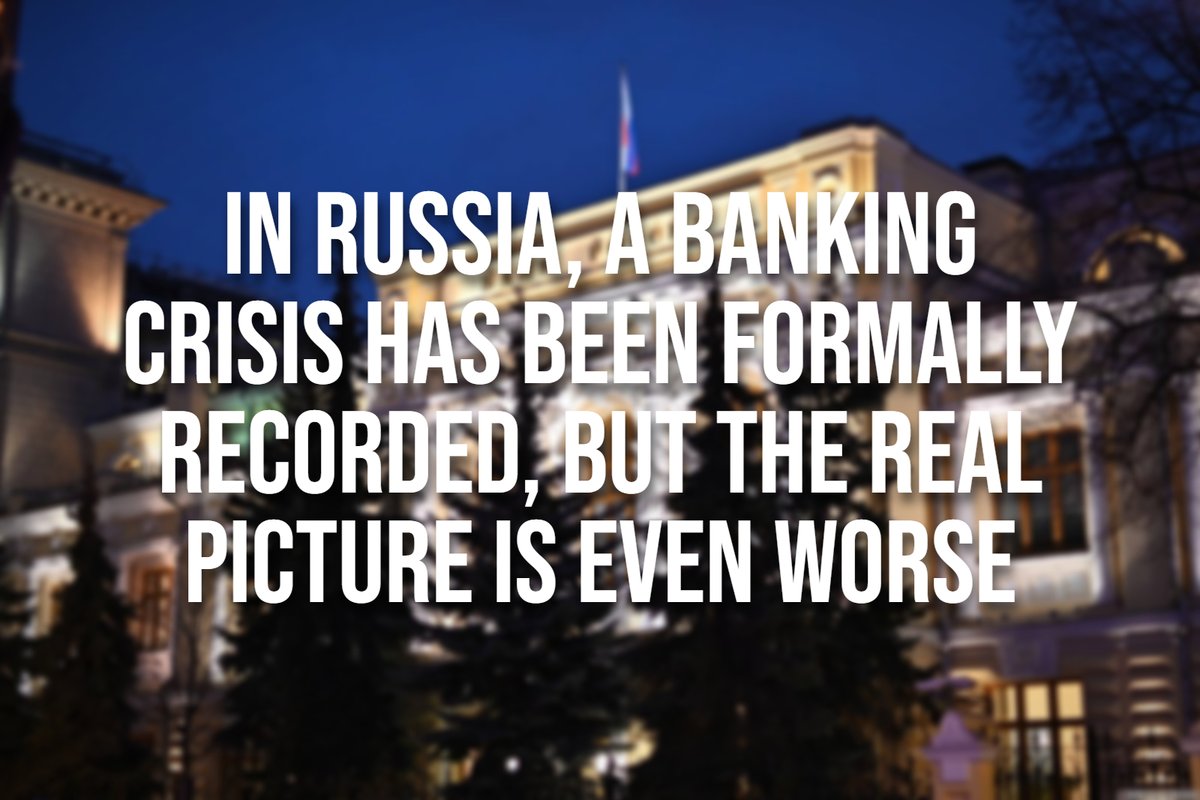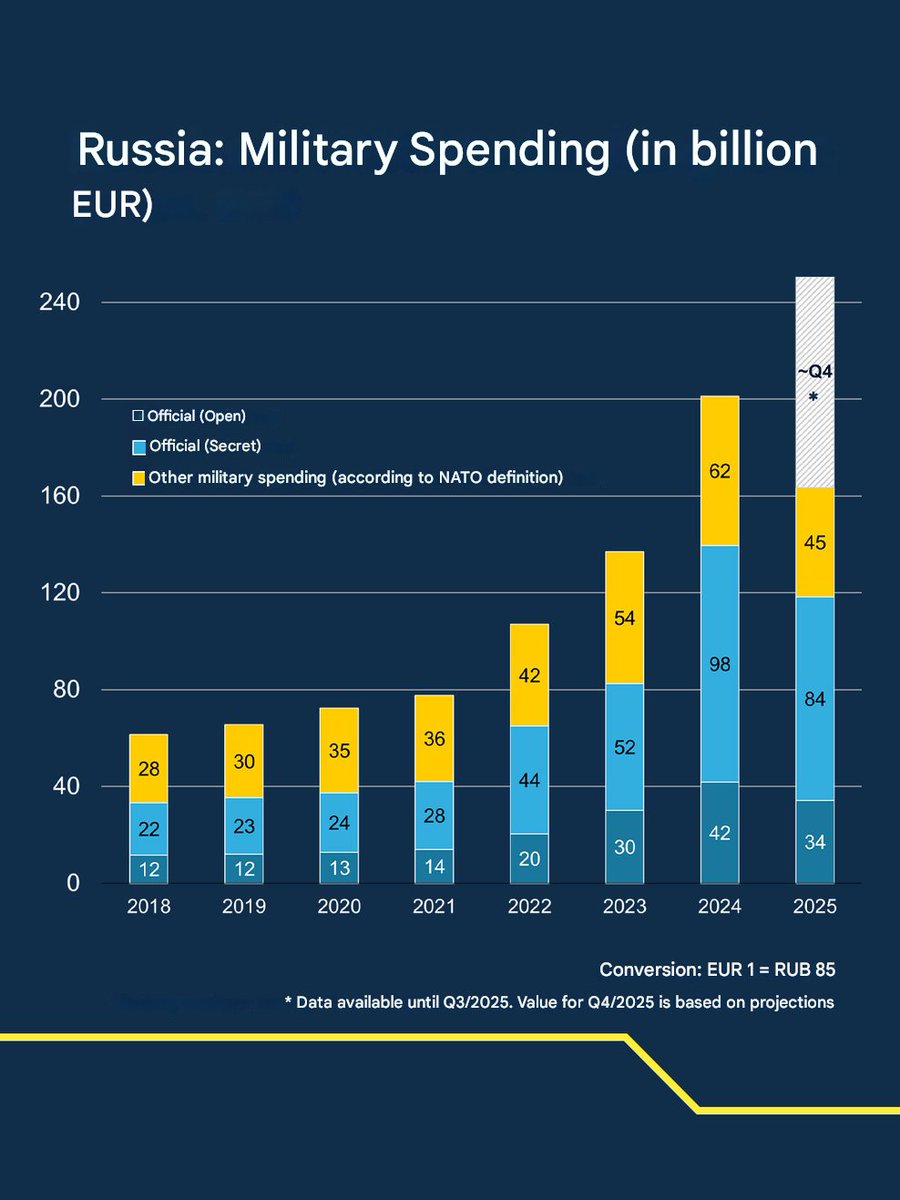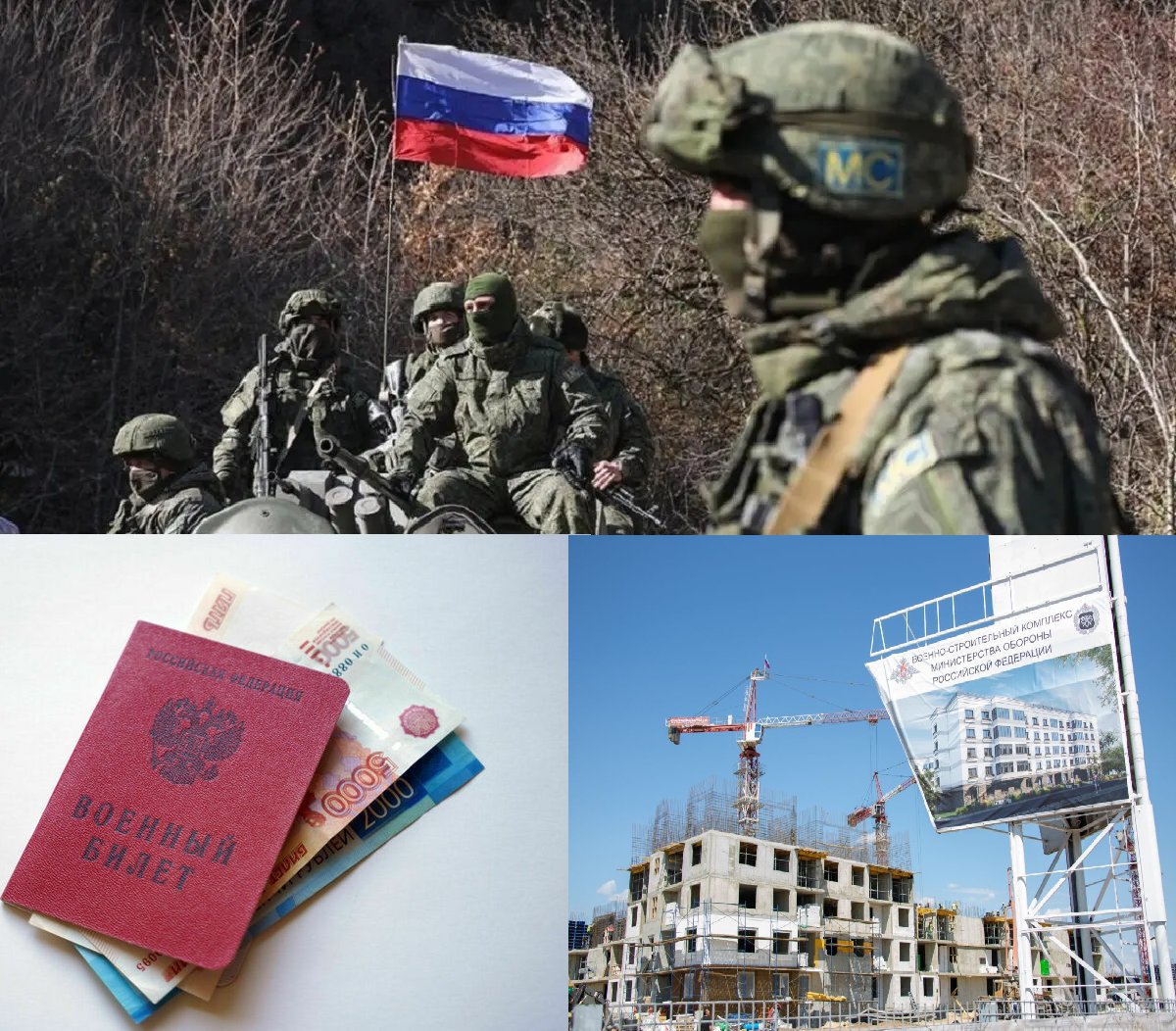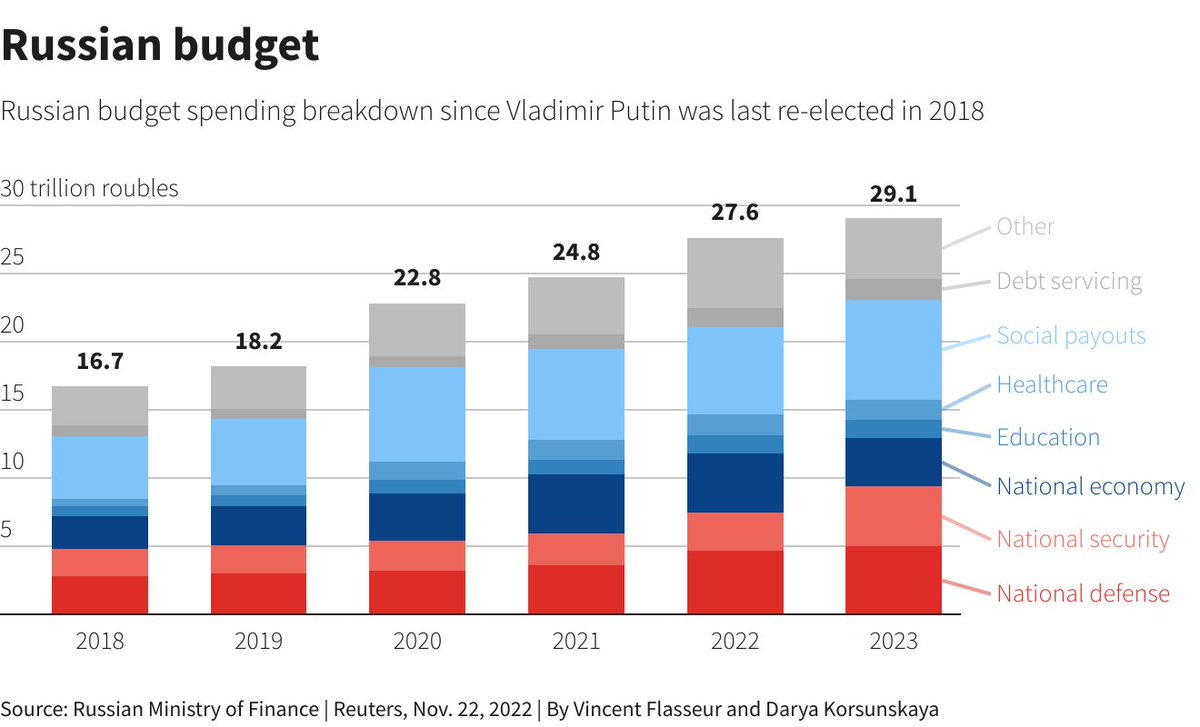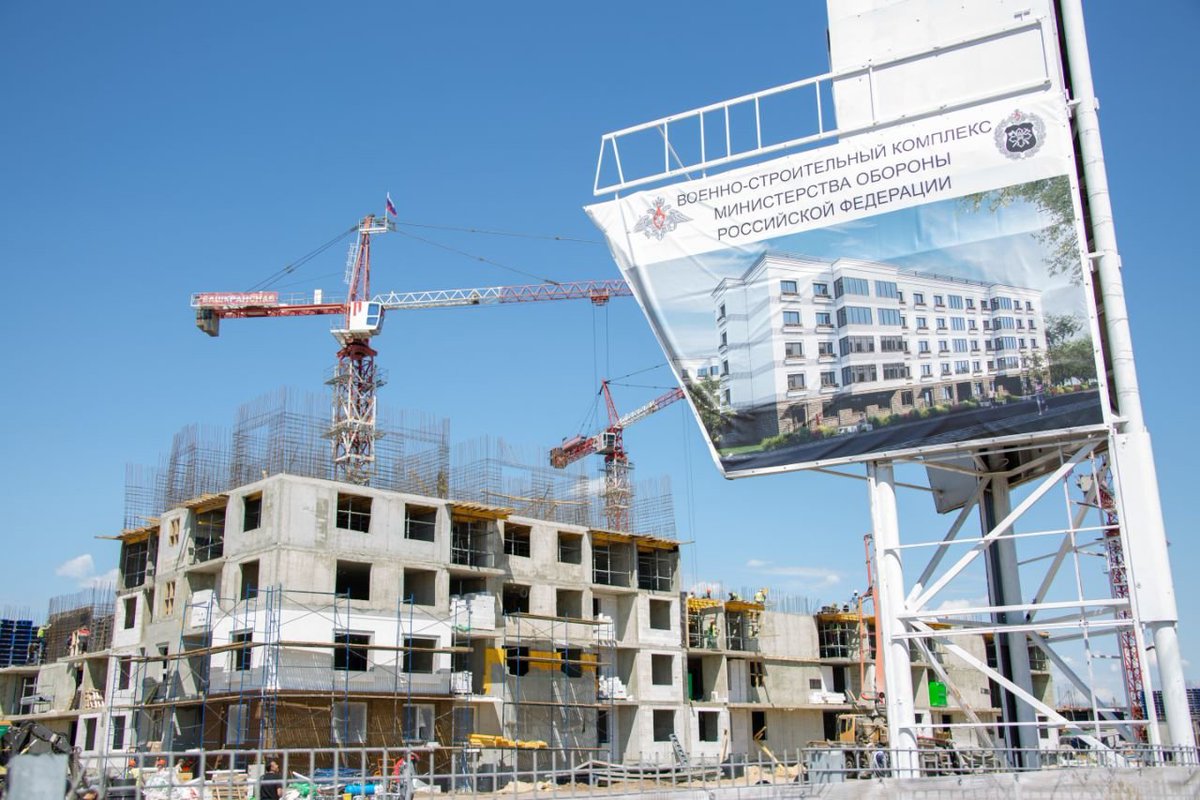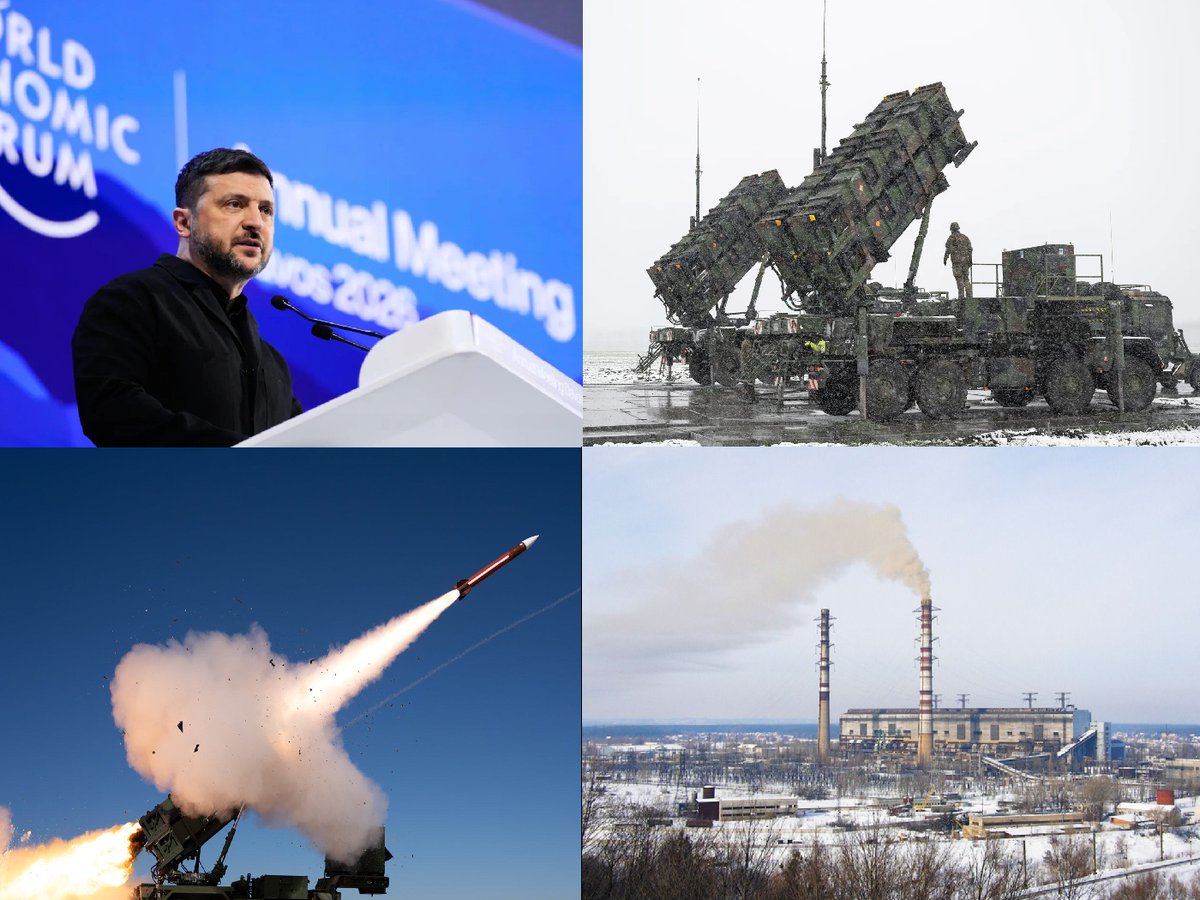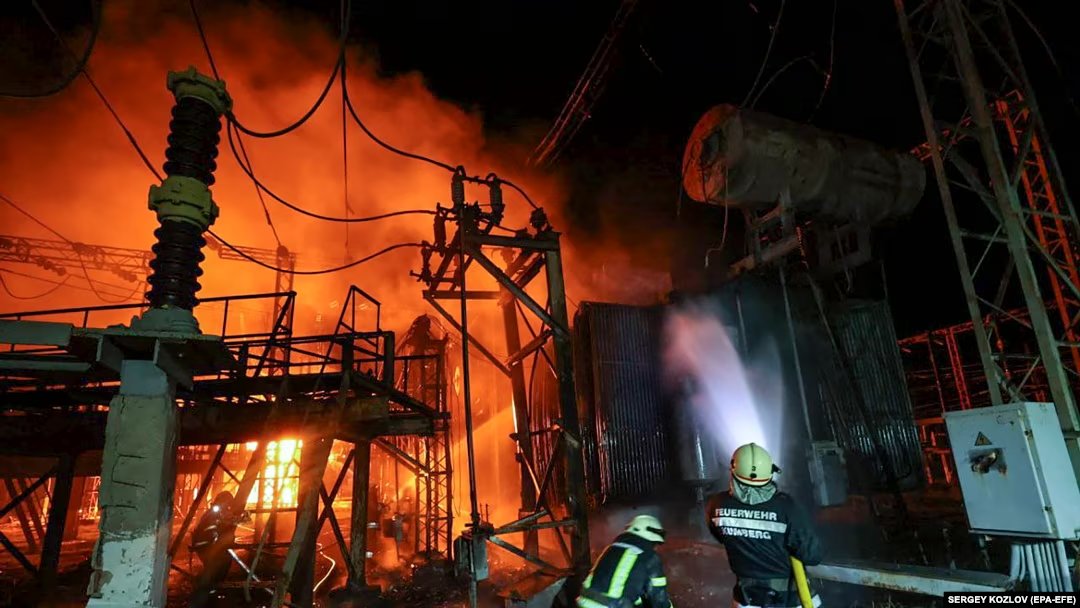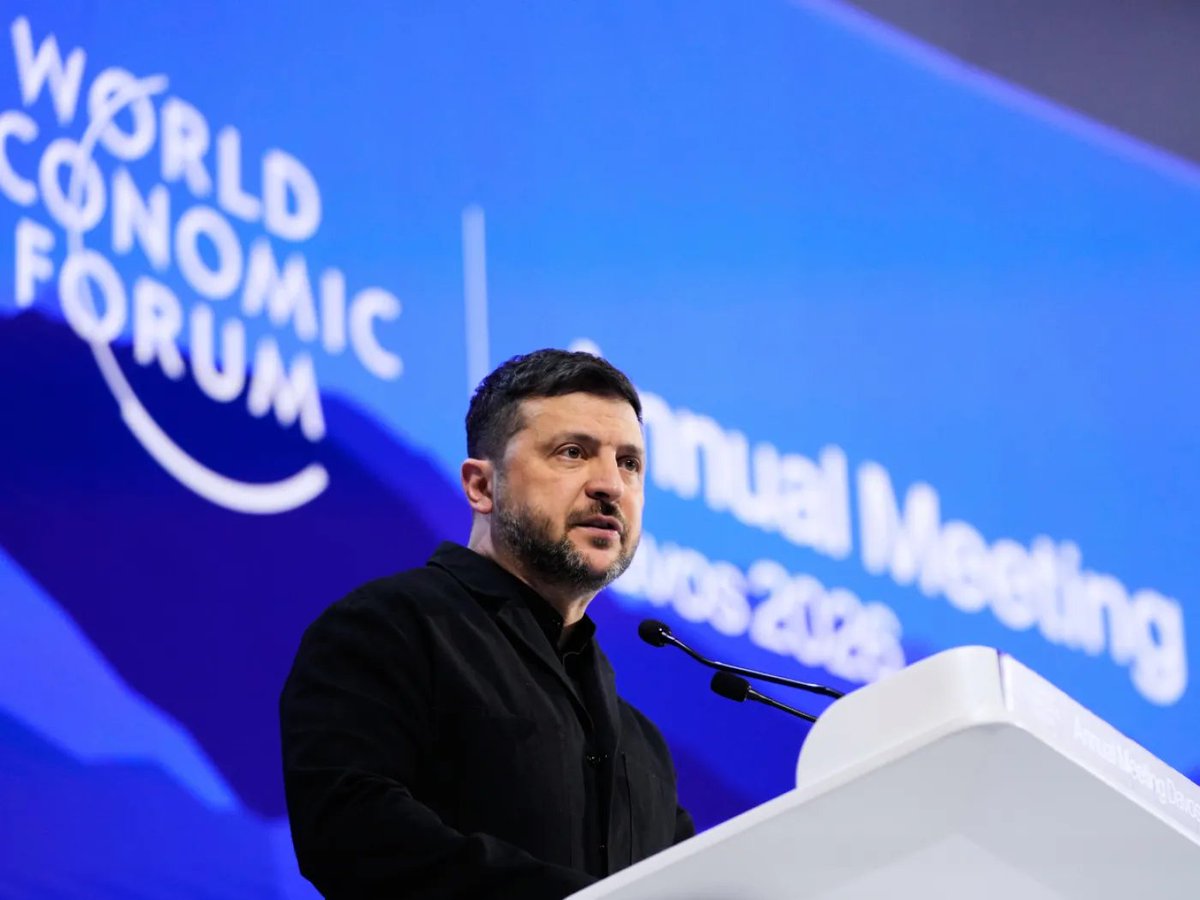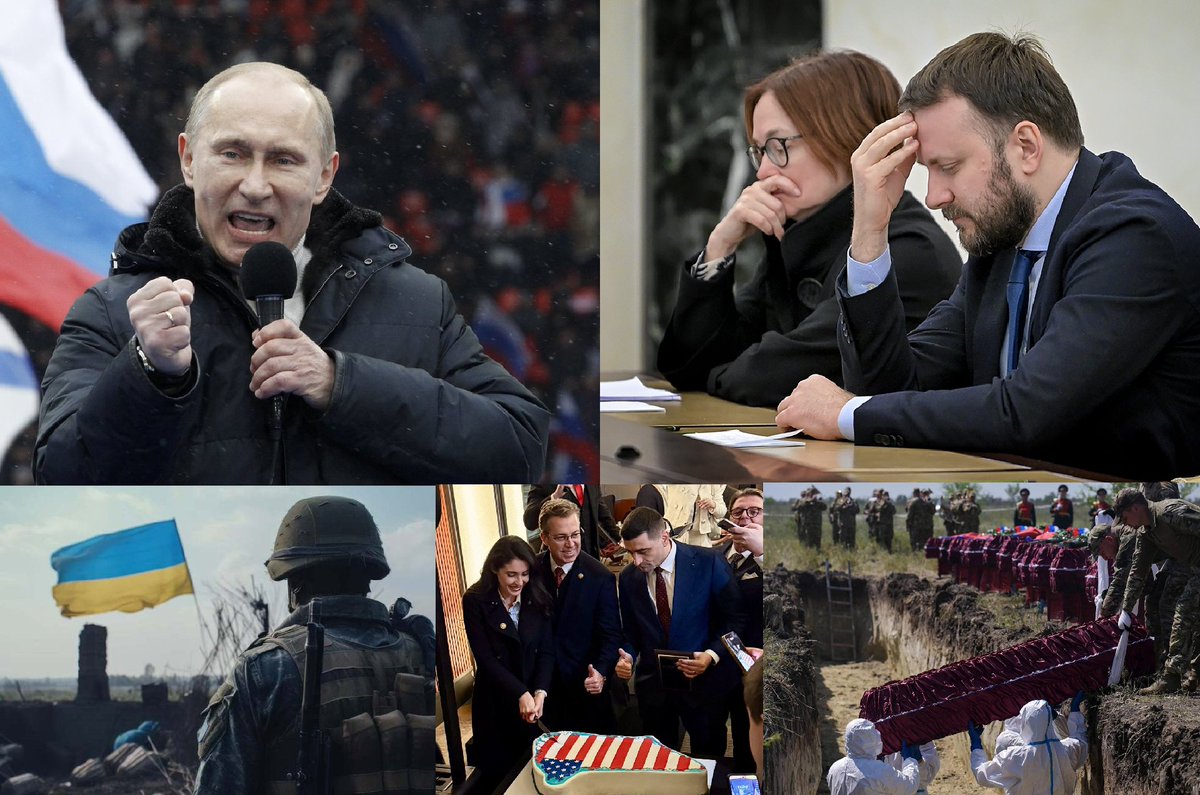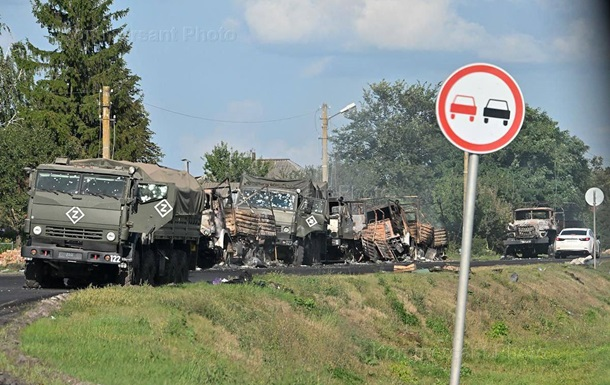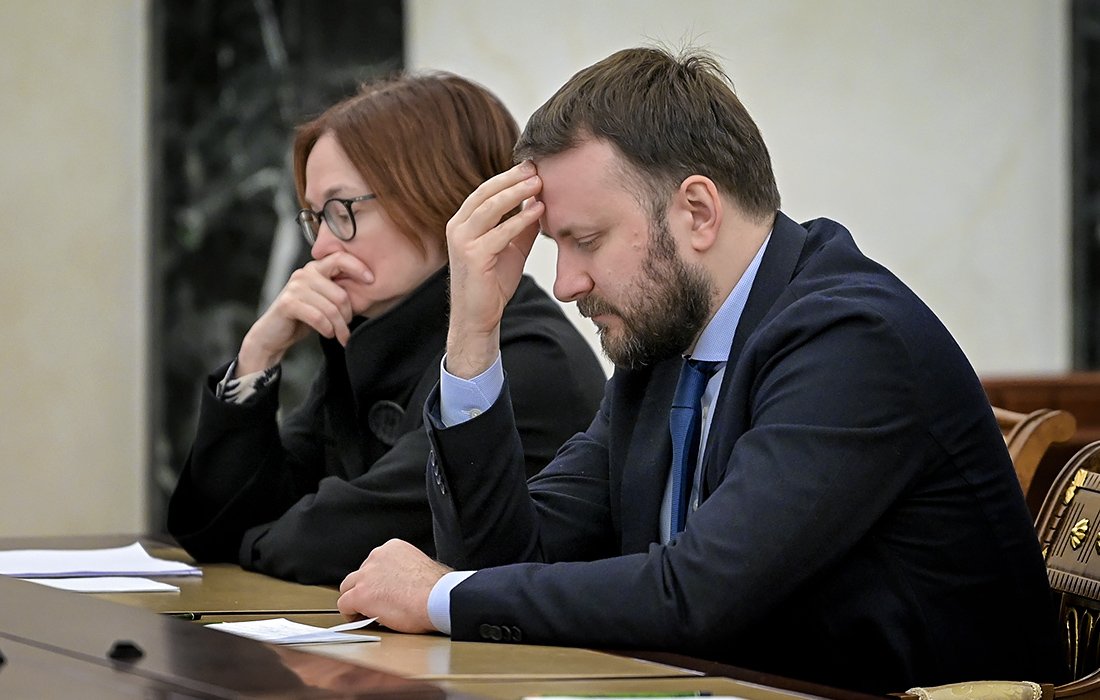Recently, the number of reports of the destruction of Russian air defense systems has increased, particularly in occupied Crimea. S-300 and S-400 launchers, radars, and even personnel are all being attacked by Ukraine. Analysts, experts, and the Western press claim that
1/11
1/11

Ukraine is preparing for large-scale operations in temporarily occupied Crimea, the first stage of which will be strikes against air defense systems. According to StratCom, in the last 2 months alone, the Defense Forces have destroyed 15 enemy air defense divisions in
2/11
2/11

temporarily occupied Crimea – S-300, S-350, and S-400. They managed to destroy dozens of launchers, more than 15 radar stations, and more than a dozen command posts. The defeat occurred in the areas of Dzhankoy, Chernomorskoye, Mysovoy, Cape Tarkhankut, Yevpatoria, Saki,
3/11
3/11

Donskoy, Sevastopol, Belbek airfield, Alushta and Mount Ai-Petri. On June 12, with the help of HIMARS, the Defense Forces attacked 4 S-300 systems at once in the Belgorod region of Russia. Analysts at the American Institute for the Study of War believe that Ukraine is
4/11
4/11

"clearing the way" for F-16 fighters that are about to arrive in Ukraine. Each strike is a serious operation of the Air Force. It involves not only the latest, so to speak, Storm Shadow or SCALP cruise missiles. Or, if it is a combined strike, ATACMS missiles are also used.
5/11
5/11

And also aircraft are used that launch decoys, and fighters that provide cover. Radio interference methods are also used. That is, such combined operations are underway. Russians deployed S-500 anti-aircraft missile systems in Crimea. Russians claim that the S-500 Prometheus
6/11
6/11

is capable of shooting down not only medium-range ballistic missiles, but even intercontinental ballistic missiles and hypersonic targets. But it is worth noting that the Russians' statements rarely correspond to reality. Deputy CEO of an electronic warfare company and
7/11
7/11

aviation expert Anatoly Khrapchinsky noted in a commentary to 24 Channel that the components of the S-500 system have already been used separately by the Russians in combination with other systems and have not shown any phenomenal effectiveness. Therefore, in his opinion,
8/11
8/11

the transfer of new systems to Crimea is nothing more than a demonstrative step. After a series of defeats with the S-400 systems, the Russians need to put forward something, that they have something, because they understand that this is a significant blow to the Russian
9/11
9/11

military-industrial complex through such strikes with the destruction of air defense systems, the destruction of modern aircraft. That is, they received such a powerful blow from Ukraine to their strategic facilities and to the weapons that they sold around the world.
10/11
10/11

The transfer of the S-500 to Crimea will not change the situation. It is difficult for 4 batteries to cover all the losses of the Russians over the past 2 months.
Source:
11/1124tv.ua/ru/pvo-rossii-…
Source:
11/1124tv.ua/ru/pvo-rossii-…
• • •
Missing some Tweet in this thread? You can try to
force a refresh



